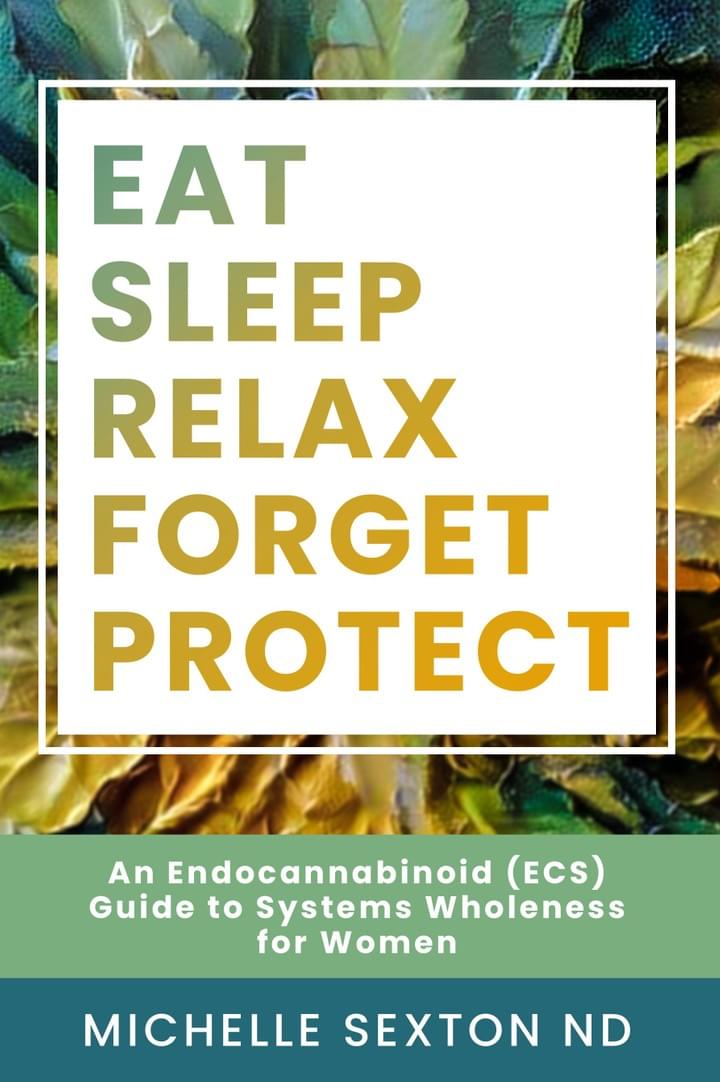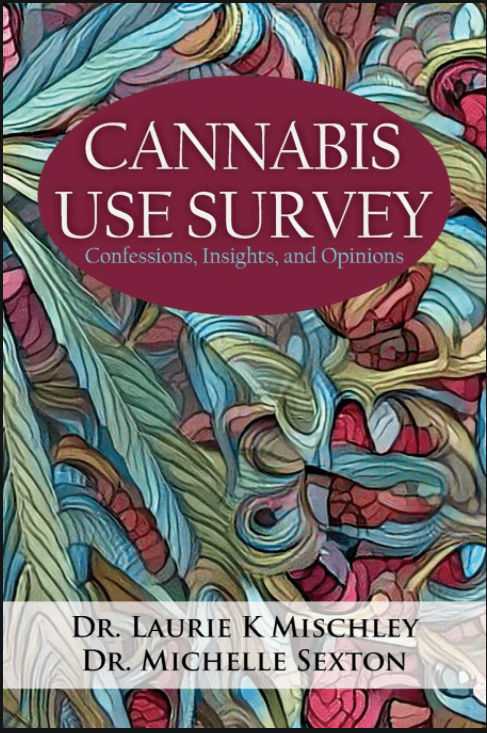

Best
Naturopathic Doctor
in San Diego
Michelle Sexton ND
Enhancing the landscape of the body/mind
Dr. Sexton sees patients at
UCSD Center for Integrative Medicine
Call 844-747-0474
contracted with insurances
Am I Too Old to use Cannabis?
Research has suggested that cannabis may be rejuvenating for the aging brain!
Many older individuals are accessing and using cannabis for a variety of health needs.

THC
One of the medicinal compounds in cannabis
Affects nerve cell "plasticity", or adaptability
Facilitates release of acetylcholine
Up-regulates KLOTHO, an anti-aging compound
Restored cognitive function in older mice
Modulates pain pathways

Cannabis Acute Effects in Older Individuals
(Click on the link to read the original research)
Dr. Sexton and colleagues surveyed cannabis users and found differences in acute effects in older individuals compared to younger users!
Cannabis users over the age of 50: experienced significantly less "cognitive" side effects than younger users
Less difficulty concentrating
Less difficulty with word-finding
Less forgetful
Fewer short-term memory problems
Less likely to have stimulation of appetite (getting the "munchies)
Peer-Reviewed Publications
Cannabis As A substitute for Prescription Drugs
The use of medical cannabis is increasing, most commonly for pain, anxiety and
depression. Use of prescription drugs may be decreasing
in states where medical cannabis is legal.
In this survey, 46% reported using cannabis as a substitute for prescription
drugs. The most common drugs substituted were narcotics/opioids (35.8%),
anxiolytics/benzodiazepines (13.6%) and antidepressants (12.7%).
See the paper here!
Not only "patients", but also adult users, substitute cannabis for pain medications, anti-anxiety and anti-depressant drugs, among others. Women are substituting 4x more often than men. There are gender differences in the response to cannabis.
Dr. Sexton's New Book is now available!
You can purchase HERE
- Endocannabinoid system 101: Understand this homeostatic system and its many roles in insuring survival.
- Health Issues specific to women: How to tone the ECS for thriving, not simply surviving.
- Integrative medicine approaches: Develop a well-rounded botanical, nutritional, lifestyle and supplement-based toolkit to enhance your health, prevent illness and promote healthy aging.
- Body-Mind fluency: Increase your sense of interoception: the ability to interpret warning signals from inside your body. You can become disconnected from these signals due to past or present trauma.
- Homeostasis: Gather a diverse toolkit, available at your disposal, to evaluate your homeostasis, stress resilience and body/mind connection.
Eat, Sleep, Relax, Protect, Forget is a gateway to botanical and natural medicines and approaches that can help bring your systems biology back online. Let this be a first step of your journey from surviving to thriving in the modern world!
Dr. Sexton is a technical advisor and editor on the American Herbal Pharmacopoeia Cannabis Monograph and Therapeutic Compendium
Processing can significantly change the chemical components, as described in this report by Dr. Sexton and her team:
"Evaluation of Cannabinoid and Terpenoid Content: Cannabis Flower Compared to Supercritical CO2 Concentrate"
Vape-pens may not be the best choice for patients, when accessing medical cannabis. One reason is that pesticides may be concentrated along with cannabinoids and terpenoids. Another reason is that "excipients", added ingredients to make the concentrates pourable, could be harmful to health. Third, the "name" of the chemotype may not really describe what is in a vape pen cartridge.
Dr. Sexton's published research on the
"Cannabis Use Survey" can be found by clicking on the links
(in blue).
This paper on Medical Use of Cannabis is one of the top-cited articles in the Journal: Cannabis and Cannabinoid Research!
"A Cross-Sectional Survey of Medical Cannabis Users: Patterns of Use and Perceived Efficacy"
"Sex Differences in Cannabis Use and Effects: A Cross-Sectional Survey of Cannabis Users"
You can purchase Dr. Sexton's Book "Cannabis Use Survey" on Amazon. This book contains the raw survey data: uncensored and unedited responses of cannabis users. Readers can experience the full impact of the frustration or appreciation of users, while also getting a feel for the education and life experience of cannabis users at large.
Access a self-help Guide!
Cannabis for Opioid Tapering







